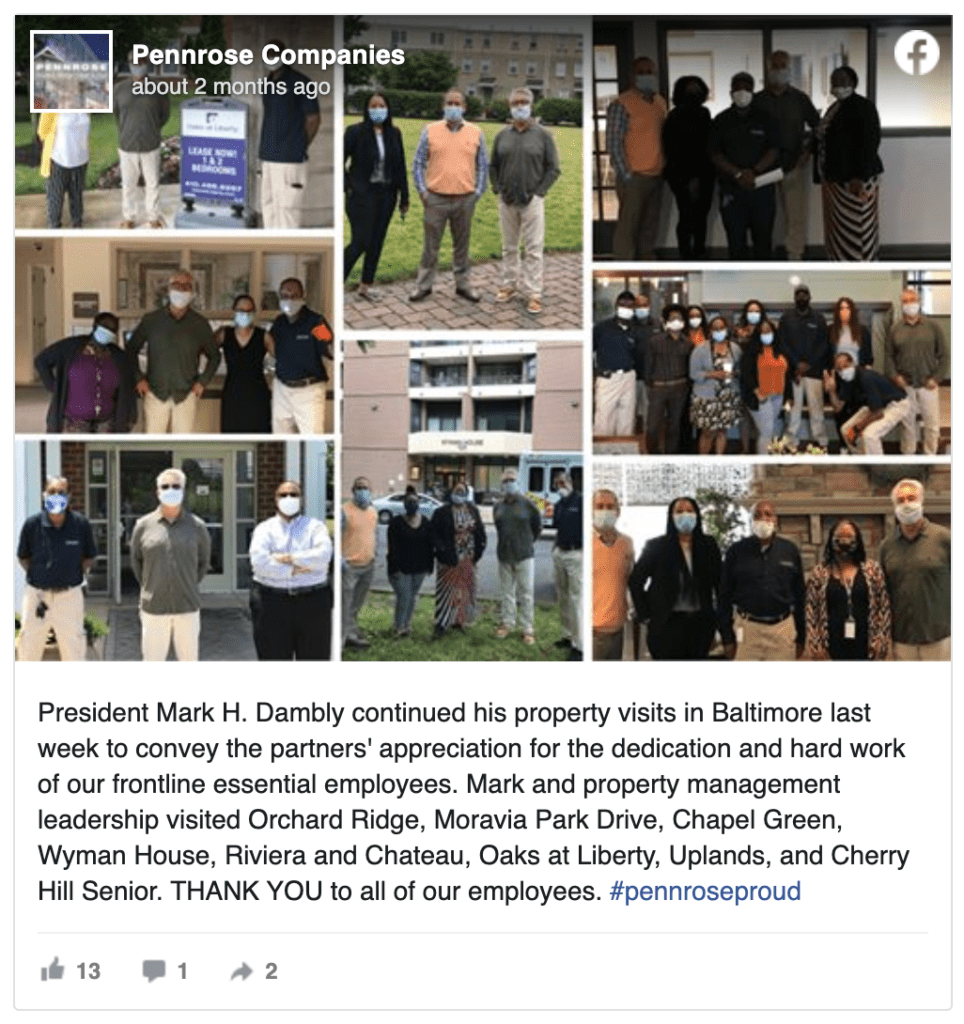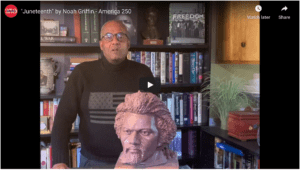With the pandemic disrupting industries worldwide, we’re bringing to attention three post-COVID-19 communications strategies businesses should implement now.
Business leaders across the globe have faced unprecedented challenges these past six months. Companies and nonprofit organizations have been forced to toss out their carefully crafted marketing plans as we faced quarantine, health concerns, business closures, rising unemployment, rising death tolls, and social unrest. The uncertainty of the world forced many to take critical missteps – either by appearing tone-deaf or inauthentic- and the reaction from stakeholders and the public was swift and harsh.
With organizations increasingly under the microscope, cultivating and protecting corporate reputation has never been more important. The decisions organizations make now will impact business performance well beyond the pandemic. According to a recent survey by Edelman, 65% of the global consumers surveyed agree that how brands respond to the pandemic will have “a huge impact” on their likelihood to buy from them in the future. With the stakes this high, no one can afford a wayward tweet that topples public trust.
Below are three post-COVID-19 communications strategies to implement now to help strengthen corporate trust.
Policy is the new PR
What has become clear in all this chaos is that actions matter. According to Kantar Monitor, 68 percent of consumers surveyed expect brands to be clear about their values. And that percentage increases depending on a consumer’s ethnicity, demographic group and age. Consumers and stakeholders demand that companies be good employers, social advocates, and strong corporate citizens, even before they are product and service providers.
Internal communications are now external communications as company policies, such as HR and Diversity and Inclusion, continue to make headlines. Looking for your next PR story? It might be the way you treat employees. Companies that strengthen their policies and formalize their values now with real action will continue to lead post-pandemic.

Maven client, Pennrose, created a COVID-19 Relief Fund for Employees and followed up with on-site visits to thank front line employees for their efforts during the quarantine.
Accessible Social Leadership
Leadership also matters. COVID-19 has brought CEO’s into peoples’ homes via Zoom, WebEx and Microsoft teams, humanizing them in ways never before possible. Employees and stakeholders have come to expect transparency without the pomp and circumstance of formal attire and strict agendas. The world realized that it was OK for leaders to also be people, which has opened opportunities for communication that were previously unimaginable. Low cost and DIY videos and virtual town hall meetings feel real and authentic. And they are here to stay. Social media strategies that tap into this authenticity will be increasingly important as stakeholders continue to demand access and information well beyond corporate speak.

Maven provided iPhone filming instructions and tips to U.S. Semiquincentennial Commissioner Noah Griffin to record a recitation of his poem, Juneteenth, as part of the America 250’s recognition of the holiday. With a little post-production work, the video was recorded and posted within hours. The video was one of the organization’s most engaged with content for the month.
Retool Your Crisis Plan
Every company has been challenged these past few months, many with the battle scars to prove it. If you had a crisis plan, this the time to fine-tune your strategy and identify your strongest leaders and spokespersons. Invest in robust message training for leadership and pressure test company protocols for weak spots.
A good crisis plan is one that anticipates issues. Engage in tough conversations around policies, employment practices, and company culture that may be questioned in the future. Sharpen your messaging and ensure spokespersons can effectively communicate it across several platforms. Monitor social media platforms for emerging issues to ensure the organization’s preparation and engagement.

The golden rules of good crisis communications still apply: communicate early and often, be transparent, and above all, be empathetic. By maintaining open, honest, and regular communications, businesses can demonstrate much-needed leadership during a time of uncertainty.
After enduring so much this year, consumers and stakeholders don’t have the patience for slick corporate messaging and hands-off leadership. Transparency will be key, and trust will be won through accountability. Companies that communicate their values clearly and engage actively with stakeholders and employees will strengthen their brand reputation, and ultimately, the bottom line.
A version of this article originally appeared in the Philadelphia Business Journal.
Posted In COVID-19, Crisis Communications
 Rebecca Devine
Rebecca Devine 